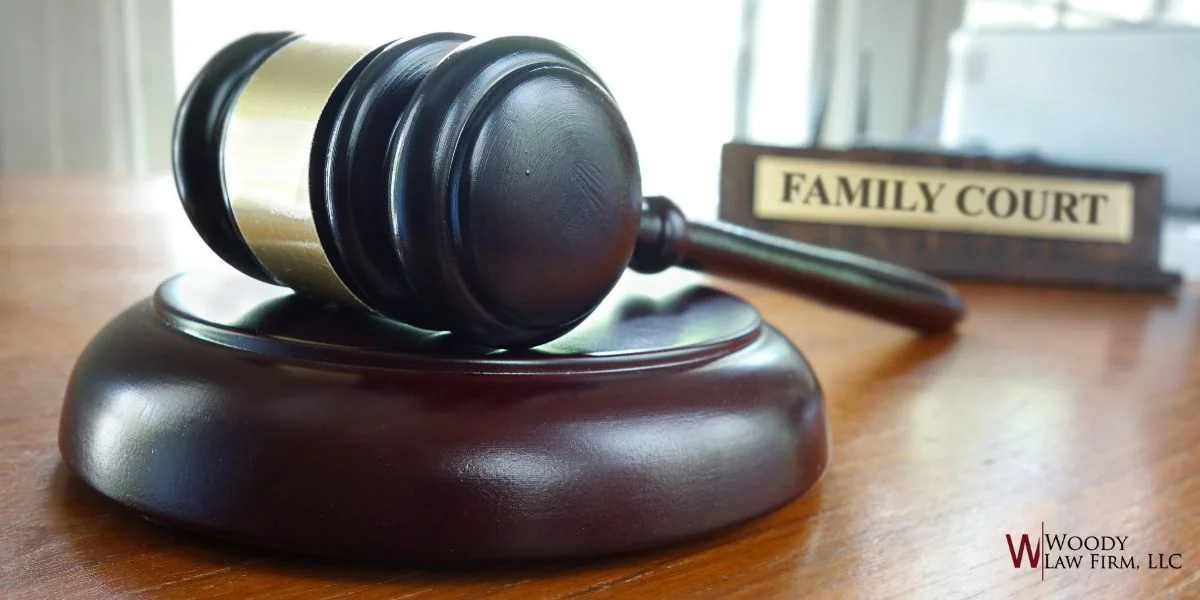Jefferson County Family Law Mediation
Jefferson County Family Law Mediation Attorney
Hearings at Jefferson Combined Court shouldn’t have to linger for years. Mediation offers a collaborative solution for resolving lingering areas of disagreement in a divorce or custody case. With the help of a law firm that is well-versed in the mediation process, you can learn how a Jefferson County family law mediation lawyer can help you resolve your family court case on favorable terms.

Kinnett & Cordes: Your Family Law Mediation Attorneys
Family law disputes can take a toll both emotionally and financially, and unnecessary delays only add to the frustration. At Kinnett & Cordes, we know that moving forward is likely a priority for you, but court orders for divorce or custody won’t be finalized until both parties resolve all the disagreements.
Mediation can offer a practical solution, even in difficult cases. Our family law firm helps clients understand the mediation process, prepare effectively, and approach negotiations with confidence. Let us create the setting to resolve outstanding disputes so you can move on with clarity and peace of mind.
The Role of Mediation in Jefferson County Family Law Cases
Mediation is a unique process that is handled in a neutral environment outside of any courtroom. The goal of mediation is to resolve lingering areas of disagreement in a family law case. While litigation inside a courtroom can be adversarial in nature, the goal of mediation is to build consensus through a collaborative process led by a neutral third-party mediator.
The Jefferson County Courthouse frequently encourages mediation in contested cases that allow families to work toward solutions that prioritize their needs. During the sessions, you and your soon-to-be ex may agree that the Jefferson County Sheriff’s Office Safe Harbor Exchange Zone or a public space is ideal for child exchanges.
How Mediation Can Reduce Costs and Stress for Both Parties
Litigation is often financially and emotionally taxing. Any step that avoids the courtroom can build a foundation for years of successful co-parenting. Many families in Lakewood, Arvada, and Golden have used mediation to reach fair agreements regarding child custody, property division, and spousal maintenance.
Because both parties must agree before a mediated resolution is finalized, they are more likely to follow the terms in the future. The non-adversarial nature of mediation can also improve the chances that you and your former partner will successfully co-parent under the terms of the agreement.
Benefits of Legal Representation During Mediation
An attorney can guide you through mediation so you can focus on rebuilding your life in a great county where 50.7% of residents over 25 have a bachelor’s degree or higher, and the average median income is $107,800. Although mediation is a collaborative process, it still requires the help of an experienced attorney who can guide you through the process while making sure you achieve your primary objectives.
Legal representation can be particularly valuable in high-conflict cases or when complex financial matters are involved. An attorney who is familiar with the process can help you prepare so you understand what to expect and what agreements you are willing to make in return for concessions from your former partner.
During mediation, your attorney can work with opposing counsel and the mediator to make sure that your parental rights are protected and that you are treated fairly. Having an attorney present can also ensure that any agreements reached align with your long-term interests and comply with Colorado family law. If you have any questions along the way, your attorney can provide accurate and honest answers.
FAQs
Q: What Issues Can Be Resolved in Mediation?
A: Jefferson County family law mediation resolves child custody, parenting time, child support, spousal maintenance, and property division. Mediation allows parties to create personalized agreements that better suit their circumstances rather than leaving decisions to a judge. This process often leads to more practical, lasting solutions that minimize conflict and promote cooperation, especially in cases involving co-parenting responsibilities.
Q: Is Mediation Required in Jefferson County Family Law Cases?
A: Courts often require mediation before trial to encourage settlements. Judges may prefer mediation in order to reduce court caseloads and help families resolve disputes efficiently. Mediation may be waived in cases involving domestic violence or other serious concerns. A party seeking an exemption must file a motion with the court and provide sufficient justification for avoiding mediation.
Q: What Happens If One Party Refuses to Mediate?
A: If mediation is court-ordered and one party refuses, the court may impose sanctions, such as delaying proceedings or requiring the non-compliant party to pay fees. While participation is mandatory, reaching an agreement is voluntary. Courts encourage good-faith negotiation but will not force a settlement. Failure to mediate can negatively impact a party’s legal position.
Q: How Long Does Mediation Take?
A: Mediation length depends on case complexity and party cooperation. Many matters last between a couple of hours, but high-conflict cases may require multiple sessions. Both parties can make the most of their mediation time by coming prepared and willing to negotiate. The specific time mediation takes can also shift depending on how the mediator works, and if shuttle mediation, separating parties into different rooms, lengthens the proceedings.
Q: Is Mediation Confidential?
A: Yes, Colorado law ensures confidentiality in mediation. Statements made in mediation cannot be used in court, allowing parties to negotiate openly. This protection encourages honest discussions, increasing the likelihood of reaching a fair and mutually acceptable resolution.
Confidentiality does not cover threats of harm, child abuse disclosures, or signed agreements submitted to the court.
Schedule Your Jefferson County Family Law Mediation
With 578,533 residents in Jefferson County, you have many family law firms to choose from. At Kinnett & Cordes, we are committed to guiding clients through the mediation process with skill and dedication. For years, we have served clients with strategic and family-friendly legal services.
Mediation can help resolve disputes efficiently, reducing the stress and cost of litigation. Whether you are facing a divorce, custody battle, or other family law matters, our team can help you work toward a fair resolution. Contact our office today to learn how mediation could benefit your case.
Schedule A Consultation
Fields Marked With An “*” Are Required
"*" indicates required fields



